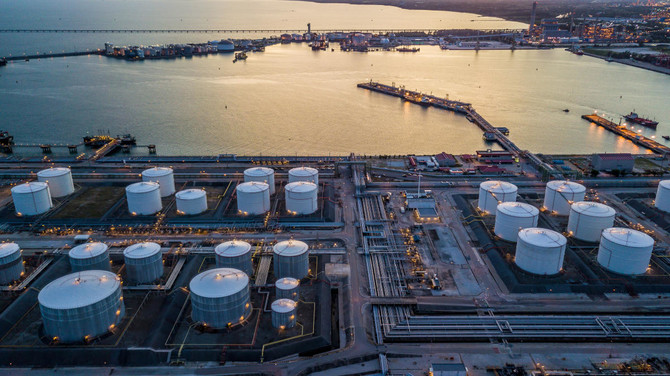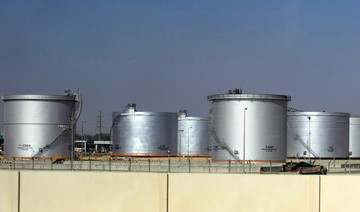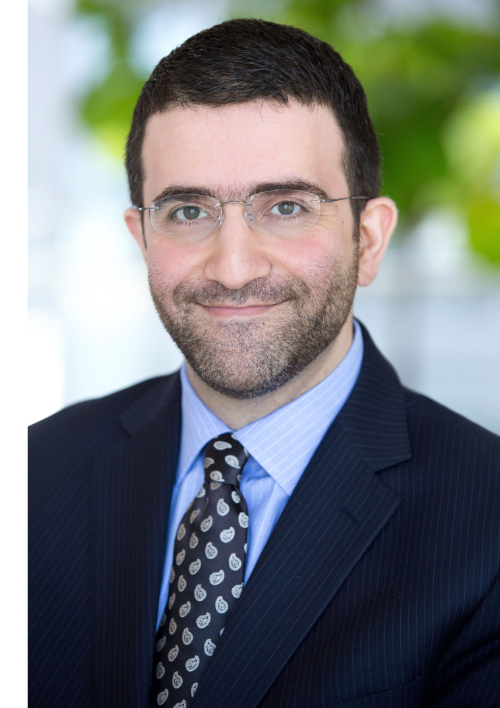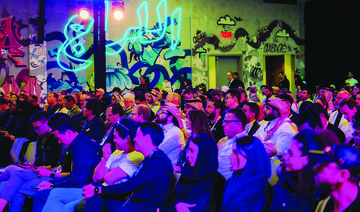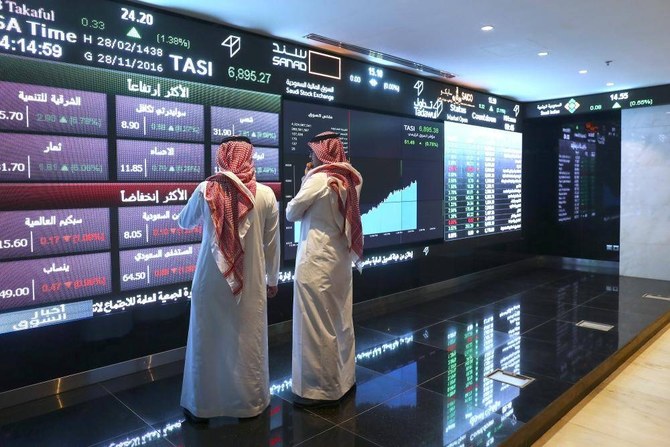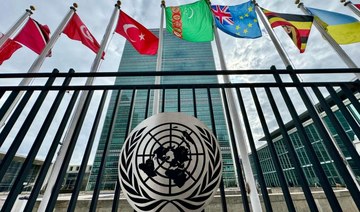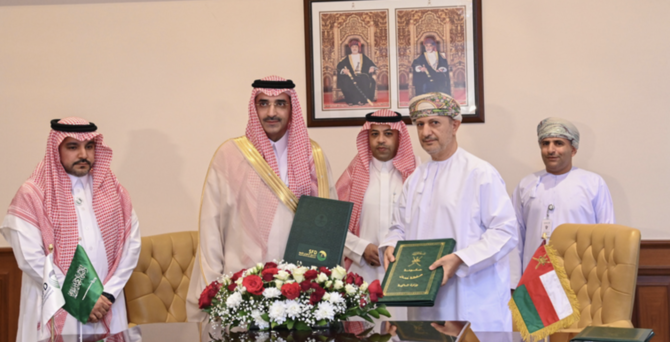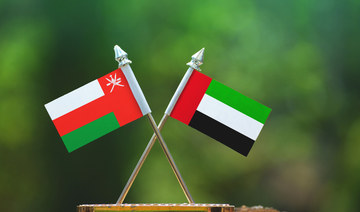RIYADH: Global battery production must be scaled up to meet the climate security goals set at COP28, according to the International Energy Agency.
In its latest report, IEA said battery technology witnessed unprecedented growth in 2023, outstripping almost all other clean power source solutions.
The think tank added that an expected sharp fall in battery costs will accelerate the shift to renewable energy from fossil fuels in the coming years.
“Growth in batteries outpaced almost all other clean energy technologies in 2023 as falling costs, advancing innovation and supportive industrial policies helped drive up demand for a technology that will be critical to delivering the climate and energy targets outlined at the COP28 climate conference in Dubai,” said IEA in the report.
It added: “After their deployment in the power sector more than doubled last year, batteries need to lead a sixfold increase in global energy storage to enable the world to meet 2030 targets.”
During the COP28 summit, nearly 200 countries agreed to triple renewable energy capacity by 2030, double the pace of power source efficiency improvements, and transition away from fossil fuels.
The report added that 1,500 gigawatts of battery storage would be required to triple renewable capacity globally by the end of this decade.
However, IEA warned that a shortfall in deploying enough batteries could stall clean energy transitions in the power sector.
Battery manufacturing
According to IEA, battery manufacturing has more than tripled in the last three years, with China accounting for 83 percent of current production capacity, up from 75 percent in 2020.
The report added that 40 percent of announced plans for new battery manufacturing are in advanced economies such as the US and EU.
“If all those projects are built, those economies would have nearly enough manufacturing to meet their own needs to 2030 on the path to net zero emission,” said IEA.
In the earlier days, the most common type of batteries, those based on lithium-ion, were typically associated with consumer electronics. However, today, the energy sector accounts for over 90 percent of overall battery demand, said the report.
The intergovernmental organization added that battery deployment in the power sector increased by more than 130 percent in 2023 compared to the previous year, adding a total of 42 GW.
Moreover, batteries have enabled electric car sales to surge from 3 million in 2020 to almost 14 million last year in the transport sector.
Earlier in April, another report by IEA revealed that global sales of electric cars grew by approximately 25 percent in the first quarter of this year compared to the same period in 2023.
“The electricity and transport sectors are two key pillars for bringing down emissions quickly enough to meet the targets agreed at COP28 and keep open the possibility of limiting global warming to 1.5 degrees Celsius, ” said Fatih Birol, IEA’s executive director.
He added: “Batteries will provide the foundations in both areas, playing an invaluable role in scaling up renewables and electrifying transport while delivering secure and sustainable energy for businesses and households.”
Falling costs
According to IEA, battery costs have fallen by over 90 percent in less than 15 years, one of the fastest declines ever seen in clean energy technologies.
However, the agency highlighted that costs must come down further without compromising quality and technology.
“The combination of solar PV (photovoltaic) and batteries is today competitive with new coal plants in India. And just in the next few years, it will be cheaper than new coal in China and gas-fired power in the US. Batteries are changing the game before our eyes,” said Birol.
According to IEA, ensuring energy security also requires greater diversity in supply chains, including extracting and processing the critical minerals used in batteries.
Birol noted that governments worldwide have an important role in building resilient local and international supply chains to ensure that securely and sustainably produced batteries come to market at a reasonable cost.
“Legislation such as the Inflation Reduction Act in the US, the Net-Zero Industry Act in the EU, and the Production Linked Incentive in India are good examples of how policy can affect real change in the industry by backing technology manufacturing,” said Birol.
He also underscored the necessity to implement supportive policies to help speed up deployment by minimizing barriers to market entry for developers and reducing red tape that can stifle new projects.
Key to energy transition
In its report, IEA also highlighted the versatility of battery storage to ensure clean energy transition.
“In the power sector, batteries help smooth out the variability of renewable electricity from technologies such as wind and solar,” said the agency.
IEA added that battery storage can alleviate grid congestion in times of high supply, offering an outlet to capture and store excess renewable electricity that would otherwise be lost.
“Reducing emissions and getting on track to meet international energy and climate targets will hinge on whether the world can scale up batteries fast enough. More than half the job that we need to do will rely, at least in some part, on battery deployment,” added Birol.
Moreover, batteries can also provide critical service in the case of emergencies caused by extreme weather or other disruptions.
The deployment of batteries will also provide the grid with highly technical services, such as voltage and frequency control, that can help system operators and provide access to people who lack electricity.
“In a pathway to achieving universal energy access worldwide by 2030, they help 400 million people in emerging and developing economies gain electricity access through decentralized solutions like solar home systems and mini-grids with batteries,” IEA concluded.


